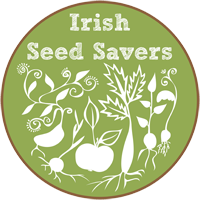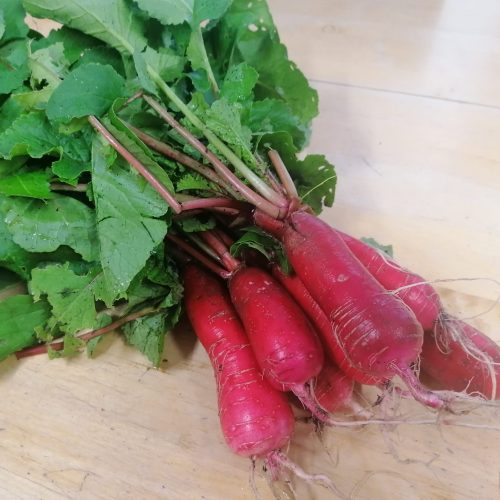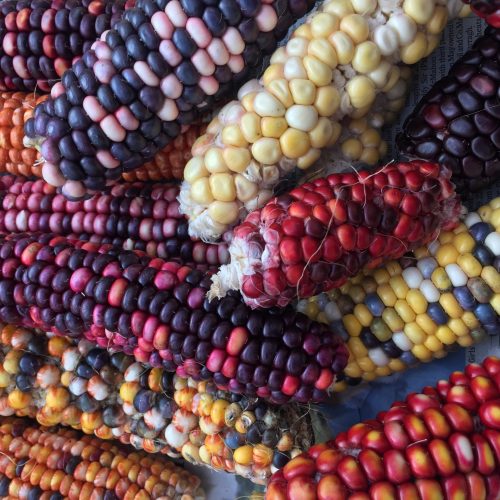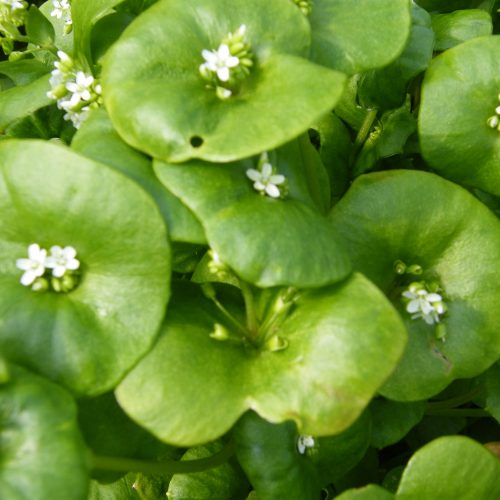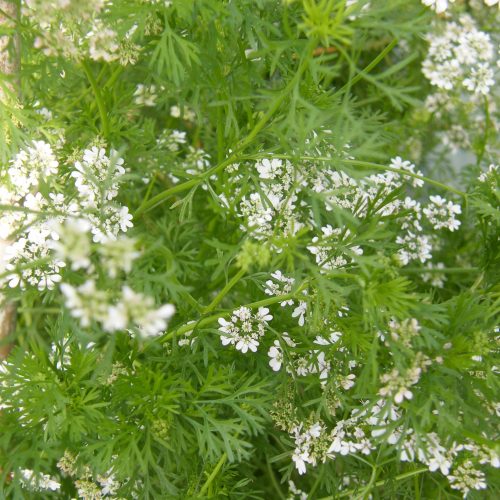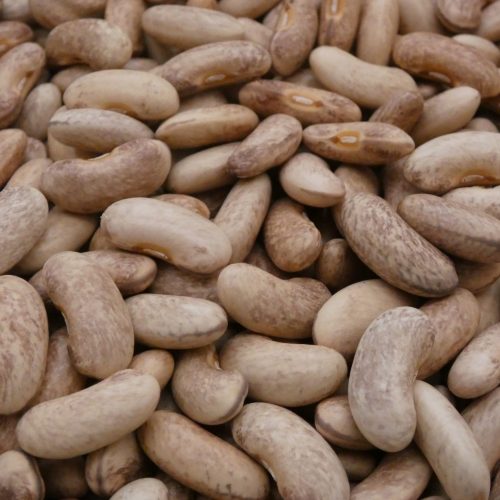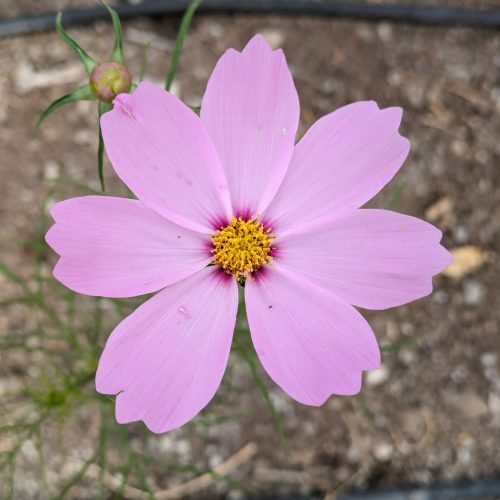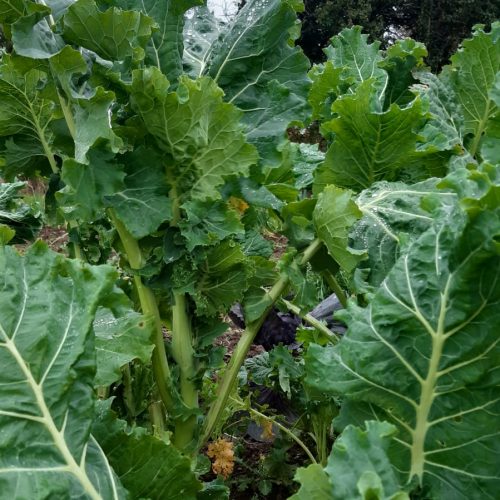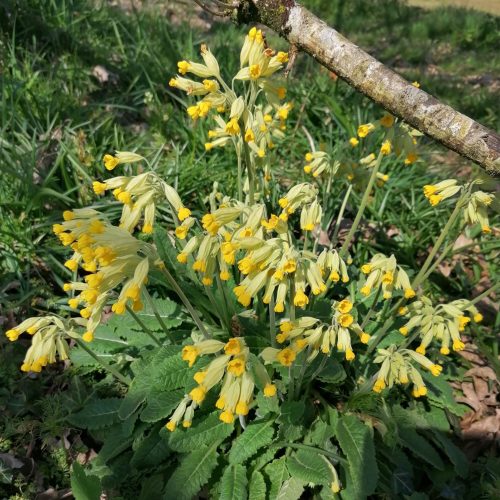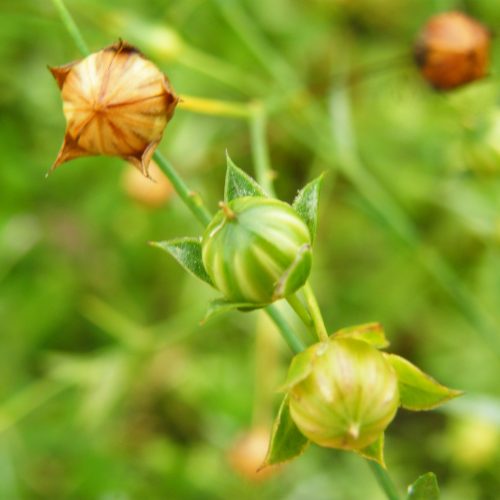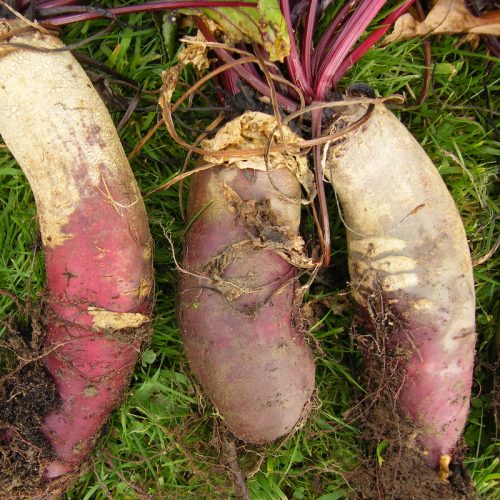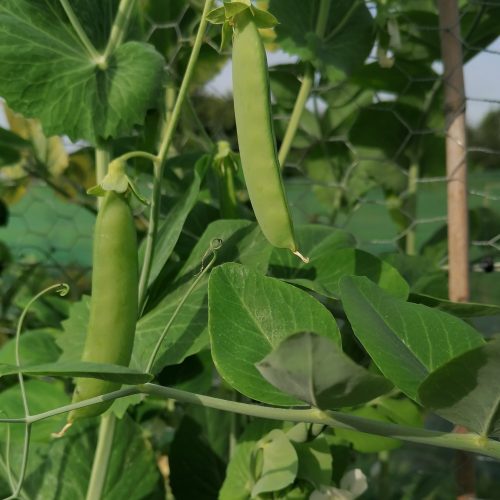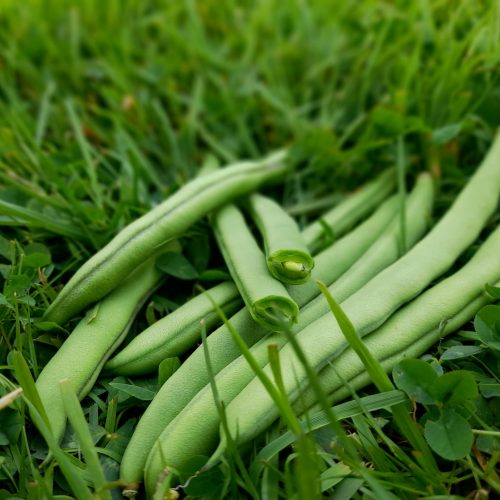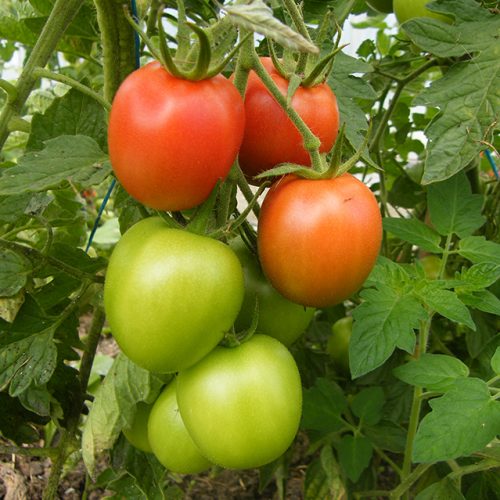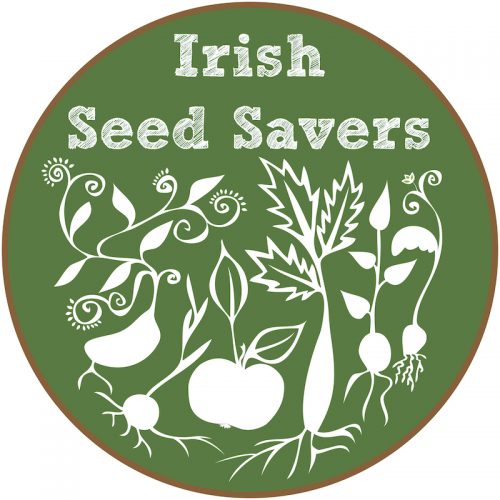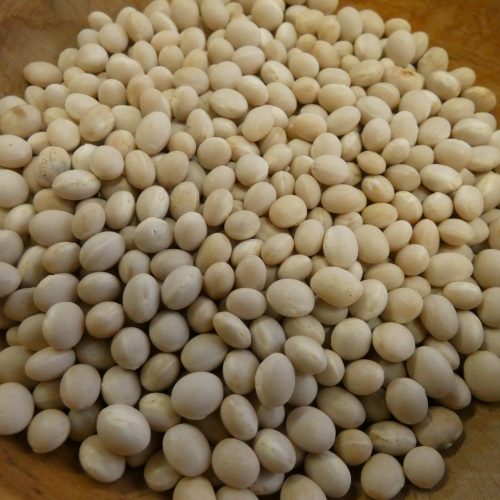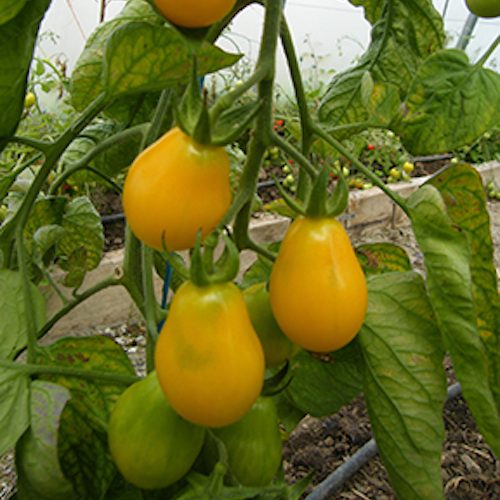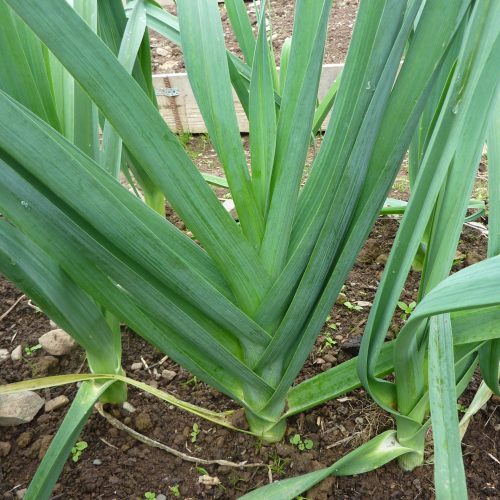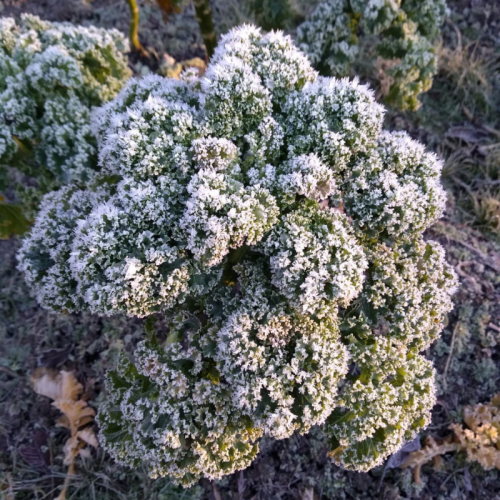Why are growing numbers of people choosing to buy seeds from Irish Seed Savers?
The ethos here at Irish Seed Savers Association, is to conserve and distribute wonderful rare and heritage varieties, as well as to encourage the skills of saving your own seed and empowering people to do this in their own gardens, small holdings or farms.
All of our seeds are grown and saved in Ireland and are Open Pollinated which allows you to save your own seeds from them, keeping the variety true to type. By choosing Irish Seed Savers Open Pollinated Seeds you contribute to keeping food security in your own hands and Irish agricultural biodiversity alive and vibrant.
Browse Seeds

